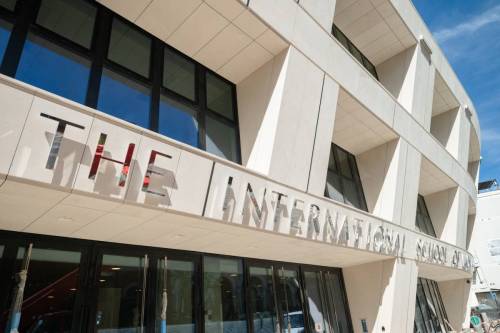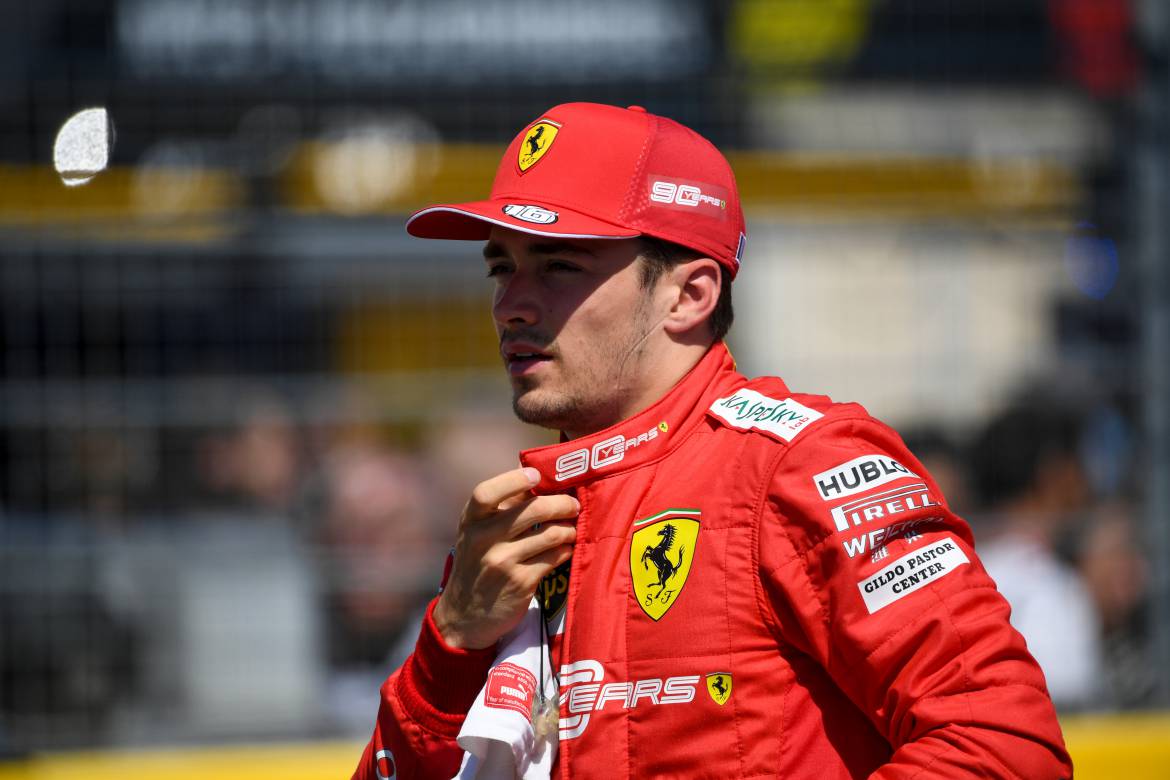The report published recently by GRECO on the “Prevention of corruption of parliamentarians, judges and prosecutors” was encouraging for the Principality, but included a list of items to address by next year.
In its fourth report on the Principality of Monaco, the Council of Europe’s anti-corruption body (GRECO) took an interest in the risks of corruption of national advisers and magistrates. The task of the Group of States against Corruption is to verify that its 49 members have anti-corruption instruments drawn up by the Council of Europe.
An encouraging observation for Monaco, to start with, drawn up by the rapporteurs: “The management of anti-corruption policies has continued to evolve in the right direction in recent years and the arrangements in this area are gradually strengthened,” they write. They also point out that a bill was tabled in April 2017 to create an anti-corruption agency, recalling a few pages later that Prince Albert II had reiterated in January 2017 his determination to fight corruption. In its conclusions, the GRECO isn’t ringing any bells of alarm, but is suggesting ways to avoid slippage in the wrong direction.
As regards the elected representatives of the National Council, “the parties are less exposed than the members of the Government to the risks of corruption, given the importance of the executive,” writes the rapporteurs. “There is no criminal or disciplinary record to challenge theintegrity of a parliamentarian.” This could be either because the elected representatives are irreproachable, or because no offense would have been noted “in the absence of specific rules and mechanisms designed to preserve the integrity of national elected representatives.”
“There are few mechanisms to ensure satisfactory transparency in parliamentary work and consultations”, – said the rapporteurs. – “Nor is there a code of conduct that would govern, among other things, the acceptance of gifts and other benefits, the management of one-time conflicts of interest, or relations with lobbies and other third parties seeking to influence parliamentary processes and decisions.” GRECO therefore advocates: “the implementation of improvements in these areas, as well as the introduction of an obligation to periodically declare the income, interests and wealth of elected representatives.” The European anti-corruption body also recommends the creation of “an effective system for monitoring the various rules on the integrity and transparency of elected officials, as well as training and other measures to raise awareness of these new obligations.”
On the risk of corruption of judges and prosecutors, GRECO recalled that Monaco had recourse to French magistrates detached or recruited directly to fill the various posts. “This foreign element moderates the possible consequences of close social relations and the frequent departures of magistrates originating from the Principality,” says the GRECO.
However, the rapporteurs believe that “recruitment needs to be more transparent and based on objective criteria in order to put an end to controversies that have regularly made the news in recent decades.” They also believe that the role of the High Judicial Council, set up in 2009, should be strengthened “to enable it to play a full role as a guarantor of the independence of the judiciary.” GRECO also invites the Monegasque plan “to adopt a code of conduct for judges and prosecutors.”
In total, the Group of States against Corruption has sent sixteen recommendations to the Monegasque State, which it has requested to implement by 31 December 2018.








